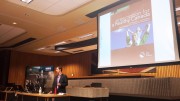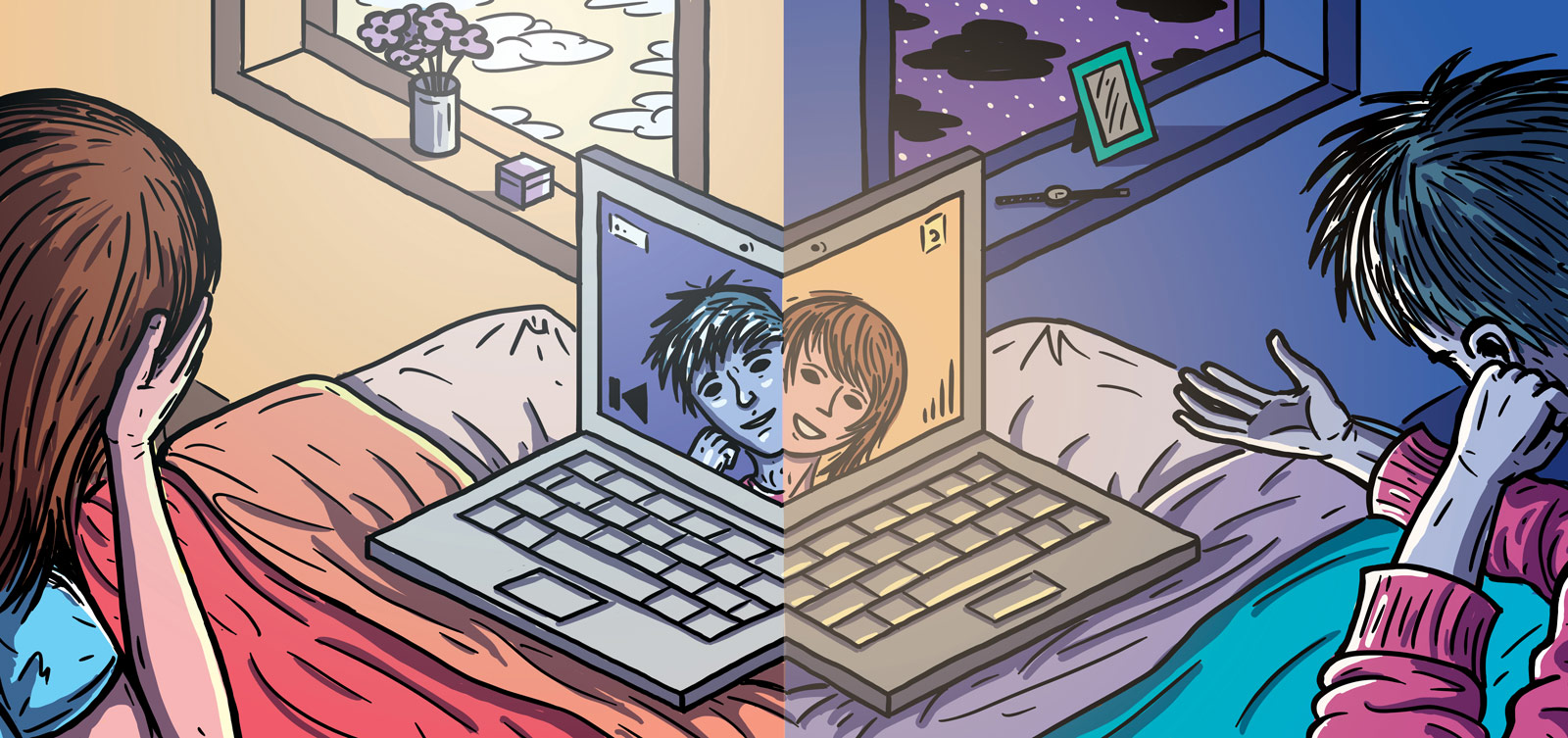Its official: Prince William has finally popped the question to long time girlfriend Kate Middleton. While the Queen and British tabloids are surely jumping for joy, the struggling British economy may also receive a huge boost from the nuptials of the popular couple.
Some analysts are estimating that the wedding could generate up to £620 million, or over C$1 billion, for the British economy, according to the Associated Press.
Although the engagement was only announced days ago, souvenir companies have already begun designing several products, which could be available this holiday season.
Stephen Church, managing director of the UK Gift Co., told Sky News he was very optimistic about the positive effects the wedding will bring and predicted his sales to increase by up to 40 per cent.
“Every time a royal wedding comes around there’s an element of skepticism, but just wait and see what happens as the day comes closer,” Church said.
“There’ll be street parties and great excitement. I think we’ll sell easily as many royal wedding gifts as we did for Charles and Diana in the 1980s.”
The tourism industry is expected to see an even bigger impact. According to Visit Britain, Britain’s tourist board, the Monarchy already generates close to £500 million a year, or almost $820 million, from foreign tourists.
“Our culture and heritage reputation is very strong around the world,” VisitBritain.com spokesman Paul Eastham told the BBC. “At the heart of that lies the monarchy.”
In a poll conducted by the board to find out what attractions visitors are most drawn to, “Royal locations” was in the top three places tourists most want to see. This isn’t surprising considering the board also found that royal attractions, such as Westminster Abbey, St. Paul Cathedral and the site of Charles and Diana’s wedding, attract millions of visitors each year.
Eastham felt that the 2011 wedding followed by the Summer Olympics in 2012 in London would be a double whammy for the British tourist industry. Some say the wedding could also have a more indirect feel-good effect on the British economy, which may get consumers to loosen the reigns on their spending habits.
“Extraneous events can increase feelings of economic and other well-being,” Prof. Stephen Lea of Exeter University told the BBC.
He explained that while a recession can produce a gloomy atmosphere that makes some people less likely to increase their spending, the celebratory atmosphere could coax consumer out of their frugal buying patterns.
However, the anti-monarchy group Republic has been critical of the upcoming ceremony, calling for the Royal Family to ensure that taxpayers don’t pay out of pocket for the cost of the wedding.
“If people are being told to tighten their belts, if the government is making thousands unemployed, if welfare payments are being slashed, it would be sickening for the government to allow a single penny more to be spent on the Royals at this time,” Graham Smith, a representative from Republic, told the BBC.



